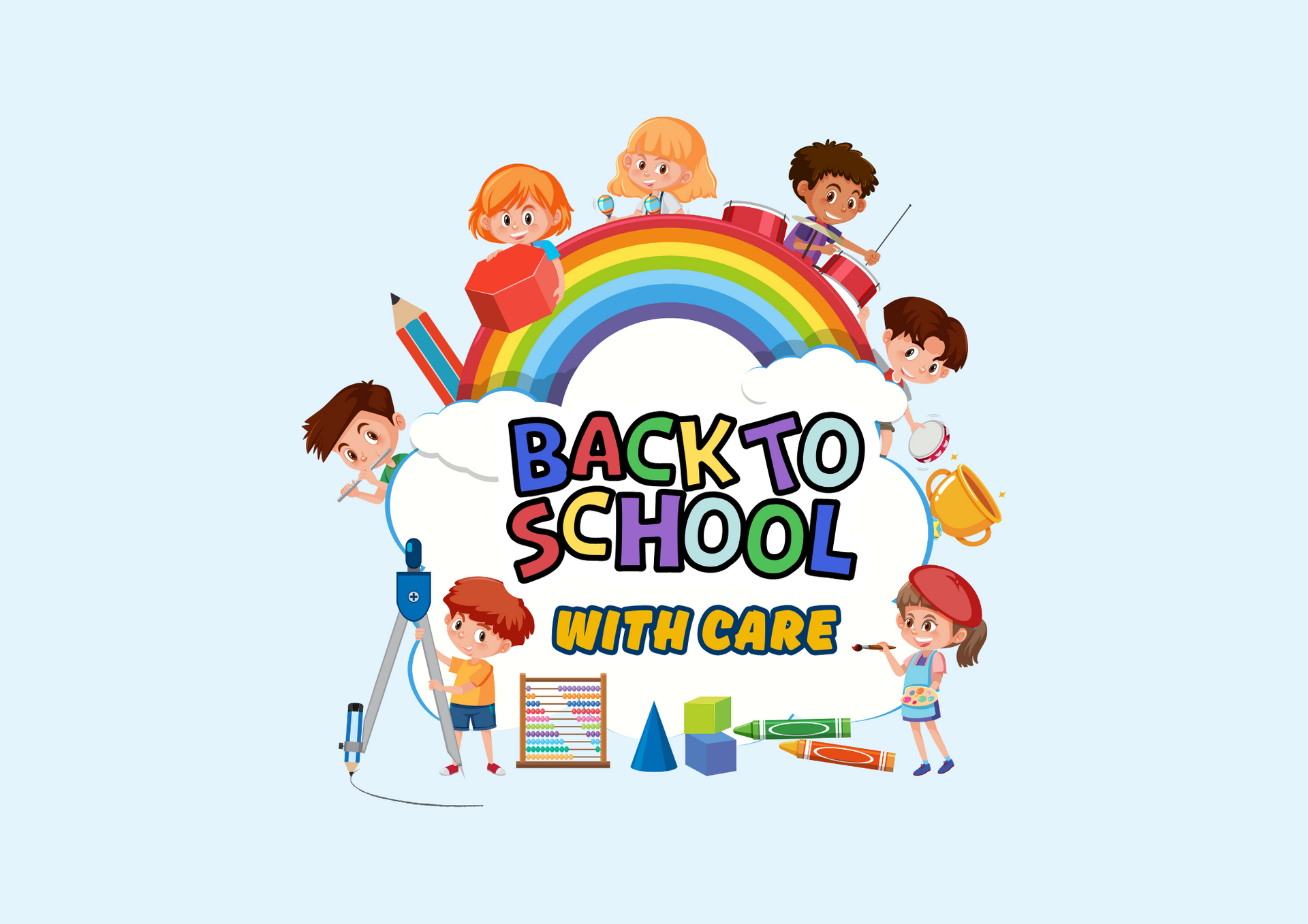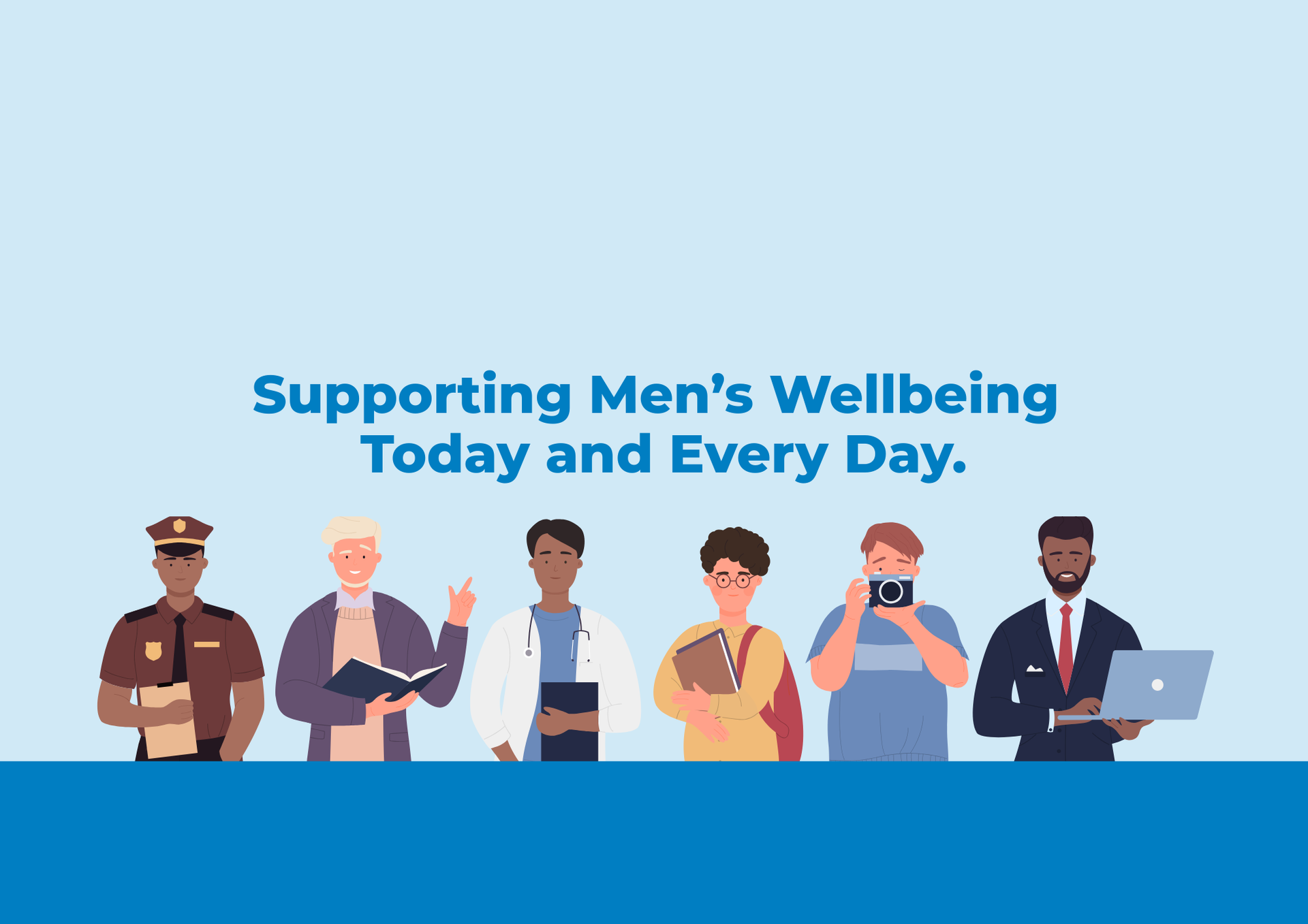Back to School with Care
July 23, 2025

As the back-to-school season begins across Australia, many families are preparing for a fresh start, new classrooms, teachers, and friendships. This time can bring a mix of emotions: excitement, curiosity, and sometimes, uncertainty.
It’s completely natural for both children and parents to feel this way. With a little planning and mindful support, we can help create a smoother, more positive transition into the school year for everyone involved.
Starting a new school year is a big change. For some children, it may bring butterflies in the stomach, while for others, it may take a little longer to adjust. These feelings are valid and part of growing up.
It’s also important to recognise that for families from diverse cultural or linguistic backgrounds, school transitions may come with extra layers such as navigating different expectations, adjusting to routines, or working through communication barriers. Creating understanding at home and at school can help children feel more secure and confident.
Signs to Gently Notice:
Children may express emotional discomfort in different ways, and sometimes, these signs are easy to overlook. You know your child best—trust your instincts and look for subtle changes, such as:
- Mood shifts or seeming quieter than usual
- Difficulty expressing what they’re feeling
- Withdrawing from favourite activities or friendships
- Changes in sleep, appetite, or daily habits
- Hesitation or worry about going to school
These signals can be considered as an opportunity to connect with your child and offer extra support. Gentle conversations and open listening can make a big difference. And if you ever feel unsure, speaking with a school counsellor or mental health professional can help you feel more confident in supporting your child.
Why Early Support Matters?
Studies show that emotional wellbeing during childhood can have a lasting impact into later life. That’s why being proactive by offering reassurance, guidance, and safe spaces to talk can be incredibly powerful. There’s no need to wait until things feel overwhelming. Even small steps, taken early, can help children build resilience and feel more secure as they navigate life’s changes.
Practical and Positive Ways to Support Your Child
Here are some gentle strategies to support your child’s emotional wellbeing as the school year begins:
- Notice and acknowledge small changes. They may be telling you something important.
- Create space for open conversations. Ask how they’re feeling about school and let them know it’s okay to talk about worries even little ones.
- Work with the school team. Teachers, school staff, and counsellors can be valuable partners in your child’s wellbeing.
- Model calm and care. Creating a home environment that feels safe, inclusive, and encouraging helps children feel more grounded and supported.
Dear Parents, You Matter Too.
Transitions can be just as emotional for parents and caregivers. You are doing your best and that’s enough. Whether you’re navigating your own workload, changes at home, or the emotions that come with parenting, your feelings are valid too.
Taking time to care for yourself is important. Whether it's talking to a friend, taking a quiet moment for yourself, or reaching out to a support service, looking after your own wellbeing helps the whole family thrive.
We’re Here to Walk Alongside You
At the MHFA Wellness Hub, we offer caring and professional counselling services for children and families navigating change. Our provisional clinicians work gently and respectfully with each family’s unique needs offering guidance, listening ears, and practical, evidence-informed strategies to help build emotional wellbeing. We believe every child deserves to feel heard, and every parent deserves to feel supported. Learn more about Wellness Hub: https://wellnesshub.mhfa.org.au/
Visit our website to explore free resources, and try the Supportive Mind App, designed to help children and parents manage everyday stress and emotional ups and downs in simple, compassionate ways.
Let’s Begin This School Year with Confidence and Care
Every school year brings new beginnings and with the right support, those beginnings can feel full of hope. Your child’s wellbeing matters. And so does yours.
Written by Simranpreet Gill and Anne Bui





